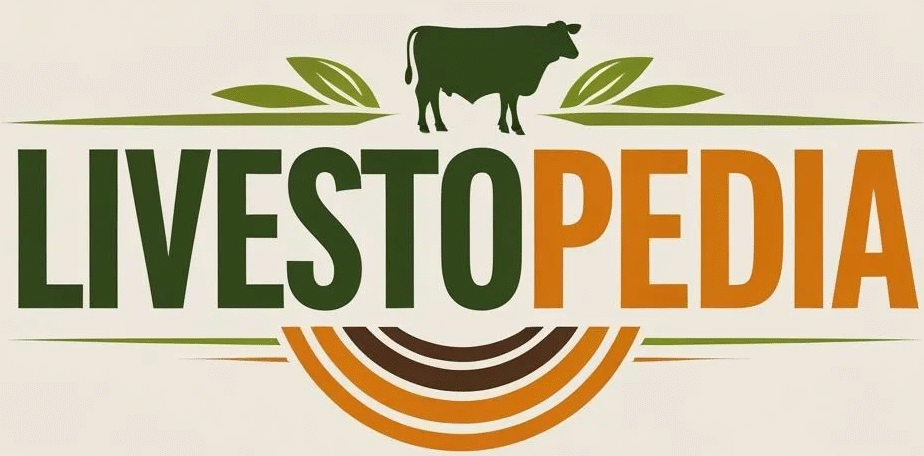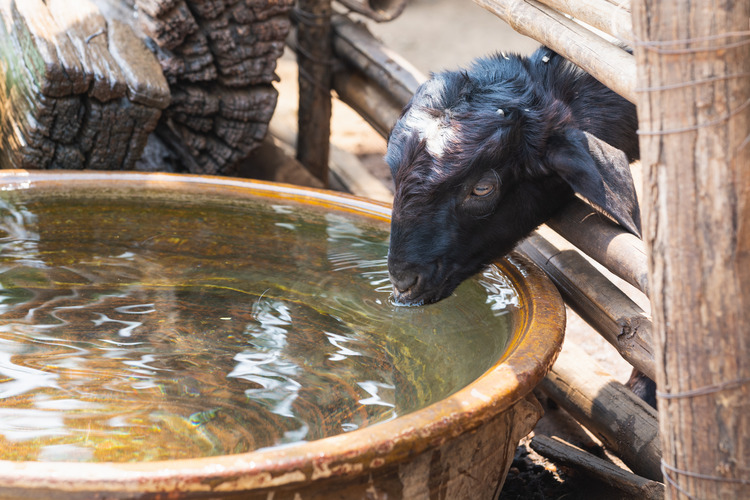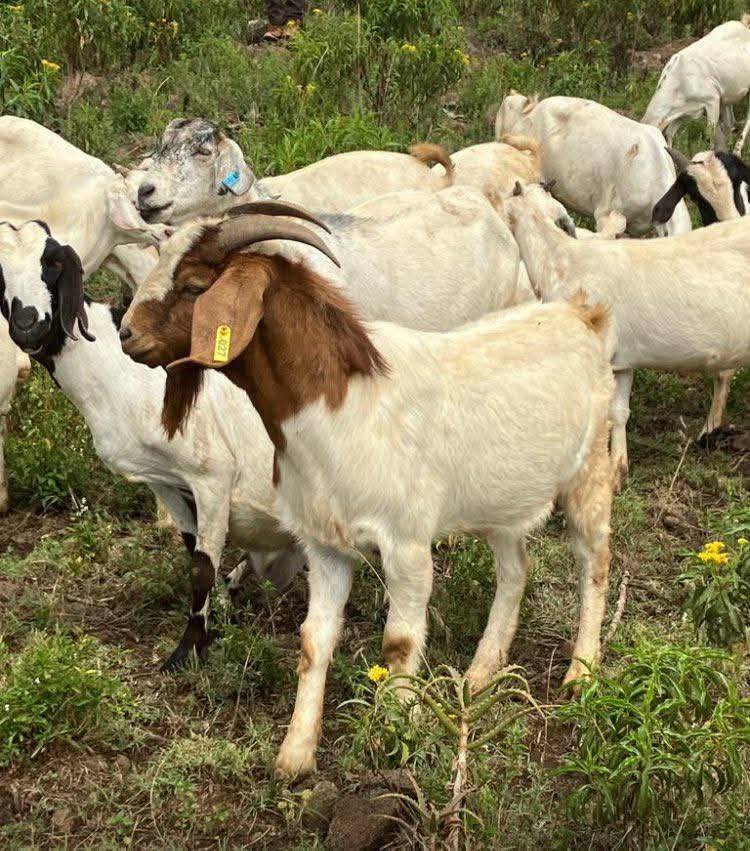Feeding is one of the most important aspects of successful turkey farming.
Unlike chickens, turkeys have higher protein requirements and specific nutrient needs at different stages of growth.
Providing the right feed at the right time not only ensures steady weight gain and healthy development but also improves feed efficiency and overall farm profitability.
This guide covers everything from the nutritional needs of day-old poults to the diets of mature turkeys, with practical tips for both commercial and small-scale farmers.
Feeding Turkey Poults (0–8 Weeks)
The first eight weeks of a turkey’s life are the most critical for growth and survival.
Poults require a high-protein starter feed, typically containing 26–28% protein, to support rapid muscle development and feather growth. Energy levels should also be adequate, but protein is the priority at this stage.
Feed should be in a crumb or mash form to make it easier for poults to eat, and it must be fresh and free of mold.
Because poults have limited energy reserves, feed and clean water should be available at all times.
A small amount of chick grit can also be provided to aid digestion, especially if they are given small treats or greens.
The Grower Stage (8–16 Weeks)
Once poults are feathered and actively foraging, they can transition to a grower diet with a slightly reduced protein level of around 20–22%. At this stage, the focus shifts to building muscle mass and supporting bone development.
A well-balanced grower feed should include sufficient calcium and phosphorus for skeletal strength, as well as vitamins A, D3, and E for immunity and metabolism.
Farmers should avoid making sudden changes to the diet, instead blending the new feed with the starter ration over a week to prevent digestive upset.
The Finisher Stage (16 Weeks and Beyond)
Mature turkeys in the finisher stage require less protein (around 16–18%) but higher energy content to promote fat deposition and enhance meat quality.
This stage is particularly important for market-bound birds, as proper nutrition influences carcass weight and flavor.
While commercial feeds are the simplest choice, small-scale farmers may incorporate whole grains like corn, wheat, or barley into the diet, balancing them with protein sources such as soybean meal or fish meal.
Special Feeding Considerations for Breeding Turkeys
Breeding turkeys need diets that promote fertility, egg production, and hatchability.
Hens benefit from slightly elevated calcium levels for strong eggshell formation, while toms require balanced protein and vitamin E to maintain sperm quality.
Excessive energy in breeding stock can lead to obesity and reduced reproductive performance, so portion control is essential.
Free-Range and Supplemental Feeding
Turkeys kept in free-range systems benefit from natural foraging, consuming insects, seeds, and grasses that improve meat flavor and provide natural vitamins.
However, even free-range birds need a balanced formulated feed to ensure consistent nutrient intake.
Seasonal changes affect forage quality, making supplemental feeding necessary during winter or dry spells when natural feed sources are limited.
Water as a Feeding Partner
Water is often overlooked but is essential for feed digestion and nutrient absorption.
Turkeys will reduce feed intake if water is dirty, warm, or unavailable.
On average, they drink twice as much water by weight as the feed they consume, and this amount increases significantly in hot weather.
Clean drinkers daily and place them at a height level with the birds’ backs to prevent spillage while ensuring easy access.
Common Feeding Mistakes to Avoid
Overfeeding high-energy grains can lead to excessive fat, while low-protein diets stunt growth and weaken immunity.
Poor feed storage leads to mold contamination, which can cause serious illness.
Always store feed in a cool, dry place, check expiry dates, and monitor consumption patterns.
Sudden drops in feed intake often indicate health problems or environmental stress and should be addressed immediately.
Wrapping Up
Feeding turkeys correctly is about delivering the right nutrients at the right time. From high-protein starter feeds for poults to balanced finisher diets for market-ready birds, every stage of growth demands attention to detail.
Farmers who understand these nutritional needs and avoid common feeding mistakes will raise healthier flocks, achieve better weight gains, and produce superior-quality meat or eggs.


